Search
Remove Ads
Advertisement
Summary 
Loading AI-generated summary based on World History Encyclopedia articles ...
Search Results
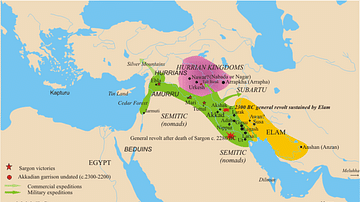
Definition
Akkad and the Akkadian Empire
Akkad was the seat of the Akkadian Empire (2334-2218 BCE), the first multi-national political entity in the world, founded by Sargon the Great (r. 2334-2279 BCE) who unified Mesopotamia under his rule and set the model for later Mesopotamian...
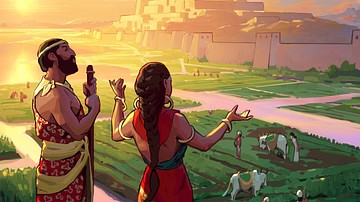
Definition
Civilization
Civilization (from the Latin civis=citizen and civitas=city) is a term applied to any society which has developed a writing system, government, production of surplus food, division of labor, and urbanization. The term is difficult to define...

Definition
Indus Valley Civilization
The Indus Valley Civilization was a cultural and political entity which flourished in the northern region of the Indian subcontinent between c. 7000 - c. 600 BCE. Its modern name derives from its location in the valley of the Indus River...

Article
The Mesopotamian Pantheon
The gods of the Mesopotamian region were not uniform in name, power, provenance or status in the hierarchy. Mesopotamian culture varied from region to region and, because of this, Marduk should not be regarded as King of the Gods in the same...
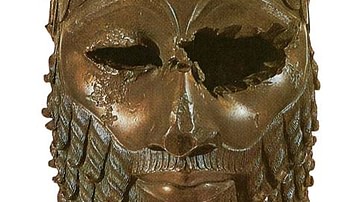
Definition
Sargon of Akkad
Sargon of Akkad (r. 2334 - 2279 BCE) was the king of the Akkadian Empire of Mesopotamia, the first multi-national empire in history, who united the disparate kingdoms of the region under a central authority. He is equally famous today as...

Definition
Mesopotamian Literature
Ancient Mesopotamian literature developed c. 2600 BCE after scribes, who had formerly been record keepers, began composing original works in the region of Sumer. The Sumerians invented writing c. 3500 BCE, refined the script c. 3200 BCE...
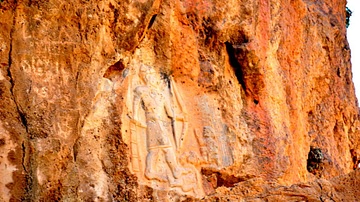
Image
Mt. Darbandi Bilula's Akkadian Rock Relief, Mesopotamia, Iraq
This rock relief dates back to the Akkadian era. It lies on the cliff of Mt. Darbadi Bilula, Hori and Shekhan area, Sulaimaniya, near the Iranian border, Iraq. Circa 2100 BCE. It features a victorious man with two captives before him; one...
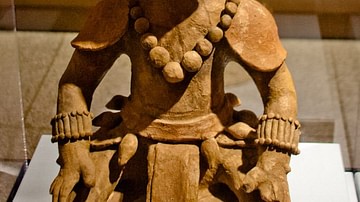
Definition
Maya Civilization
The Maya are an indigenous people of Mexico and Central America who have continuously inhabited the lands comprising modern-day Yucatan, Quintana Roo, Campeche, Tabasco, and Chiapas in Mexico and southward through Guatemala, Belize, El Salvador...
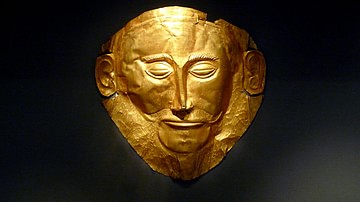
Definition
Mycenaean Civilization
The Mycenaean civilization flourished in the Late Bronze Age (c. 1700-1100 BCE), peaking from the 15th to the 13th century BCE. The Mycenaeans extended their influence throughout the Peloponnese in Greece and across the Aegean from Crete...
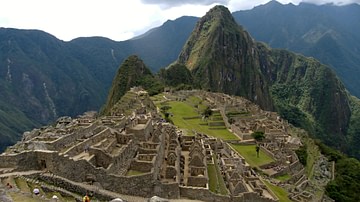
Definition
Inca Civilization
The Inca civilization flourished in ancient Peru between c. 1400 and 1533 CE. The Inca Empire eventually extended across western South America from Quito in the north to Santiago in the south. It was the largest empire ever seen in the Americas...